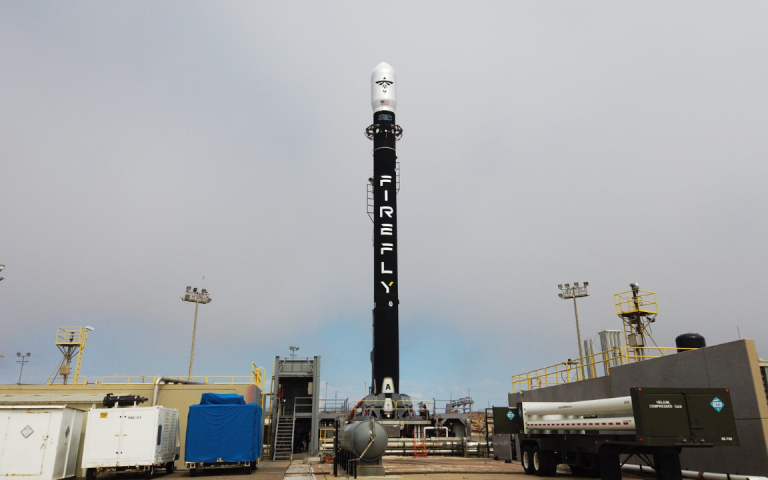Firefly Aerospace’s stock took a big hit on Friday, dropping about 11% after a wild but exciting debut earlier in the week.
When the company priced its IPO at $45 a share and started trading on Nasdaq as “FLY” on August 7, shares shot up over 34% on day one, opening at $70 and hitting an intraday high of $71.48 before settling at $60.35.
That buzz pushed its market value close to $8 billion. But like with a lot of fast-growing companies, the initial hype came with some serious ups and downs.
The next day, the stock slid steadily from the morning right into the afternoon, falling from just over $57 down to around $52, losing roughly 11-13% from Thursday’s close.
Still, even with the pullback, Firefly’s shares stayed well above the IPO price, so plenty of early investors are still sitting on some decent gains.
Firefly Aerospace stock: Profit-taking fuels early volatility
That quick sell-off after such a big jump is pretty common, it’s institutional investors and early backers cashing out some profits after the hype pushes the price up.
Plus, with only a limited number of shares freely trading and the ups and downs in the aerospace and defense world, things can get pretty volatile.
Add in hedge funds and retail investors jumping in trying to snag quick wins, and you get those sharp moves you see with new public companies.
Firefly Aerospace, based out of Cedar Park, Texas, is riding the wave of renewed interest in the commercial space and defense sectors.
Their strong start wasn’t a total surprise given what they’ve pulled off like the “Blue Ghost” lunar lander making a successful commercial soft landing on the Moon back in March, which really put them on the map as a private space pioneer.
They’re sitting on a solid backlog worth about $1.1 billion and have locked in some big NASA contracts for future lunar payload missions.
Analysts urge caution
Even with all the buzz, some analysts are waving a caution flag.
Firefly’s up against the usual aerospace hurdles like high development costs, long timelines, and plenty of risks that make it tough to turn a quick profit or see big revenue growth anytime soon.
Their latest numbers showed revenues lagging behind what their valuation suggests, plus ongoing losses. So, some traders still see the stock as pretty speculative, even with all the cool tech and solid contracts they’ve got.
Firefly’s IPO is part of a bigger comeback for space companies hitting the public markets after a bit of a quiet spell.
That first-day pop showed there’s still strong interest in aerospace plays with big growth potential but it also reminded everyone just how wild these stocks can be right after they start trading.
And it’s not just Firefly; peers like Rocket Lab and Astra Space might feel the ripple effect from how investors react to these price swings.
The post Firefly Aerospace stock sinks 11%: why the IPO highs quickly fizzled appeared first on Invezz

